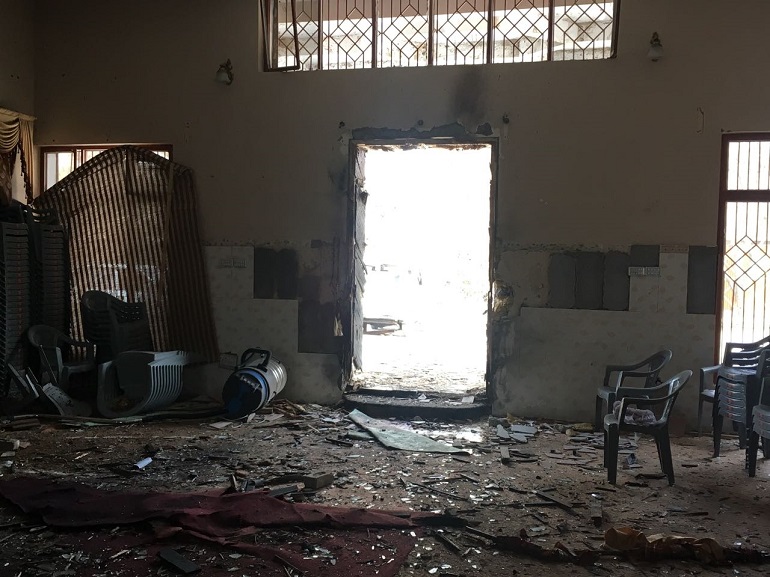
Religious freedom in Asia is “eroding”, with an increase in religious fundamentalism across much of the continent, according to the UN’s religious freedom rapporteur Ahmed Shaheed.
Shaheed spoke during an event, hosted by the Foreign Correspondents Club in Thailand’s capital Bangkok, on the back of the 4th Southeast Asia Freedom of Religion or Belief Conference.
“Freedom of religion is routinely violated across much of Asia,” he said, as reported by Catholic news site UCAN.
He mentioned China and Vietnam, whose governments seek to increase control over religions through legislation and imprisonment. In Pakistan, meanwhile, Christians face discrimination and violence, and in Myanmar the army has unleashed a violent campaign on both Muslim and Christian minority groups.
Voicing concern about the increase in violations, Shaheed said it “should give us pause about what’s going on in our part of the world”, adding that these cases never occur in a vacuum but are often connected to violations of other rights like freedom of speech.
“If states don’t let you believe whatever you want to believe, then they won’t let you say whatever you want to say,” he said.
The Maldives, the archipelago in the Indian Ocean where Shaheed was born, is a case in point.
Under President Abdulla Yameen Abdul Gayoom intimidation, arbitrary arrests and imprisonment of critics is increasing ahead of presidential elections scheduled for 23 September, according to a Human Rights Watch report published last week.
“Recent governmental decrees that block opposition parties from contesting elections, the arrest of Supreme Court justices, and the crackdown on the media all reflect government steps to silence critics,” the report said.
Meanwhile in India anti-minority rhetoric and violence by Hindu nationalist groups has increased since President Narendra Modi came into power in 2014, writes Nikhil Mandalaparthy for The Diplomat.
“In a country where a fifth of the population is not Hindu, Hindu nationalism’s hardliners argue that India should become a Hindu state, and have openly incited violence against minorities, particularly Muslims and Christians,” he says.
And now, he says, it’s also “threatening South Asia’s security and stability”, increasing tensions in the disputed region of Kashmir, with the potential to fuel new cycles of retaliatory violence by ISIS and Al-Qaeda-inspired individuals and groups.
The Hindu-nationalist movement has also led to the transformation of the country’s refugee and citizenship policies. In the north-eastern state of Assam the government “effectively stripped 4 million people, mostly Muslims, of their citizenship, branding them as illegal immigrants from neighbouring Bangladesh”, Mandalaparthy said.